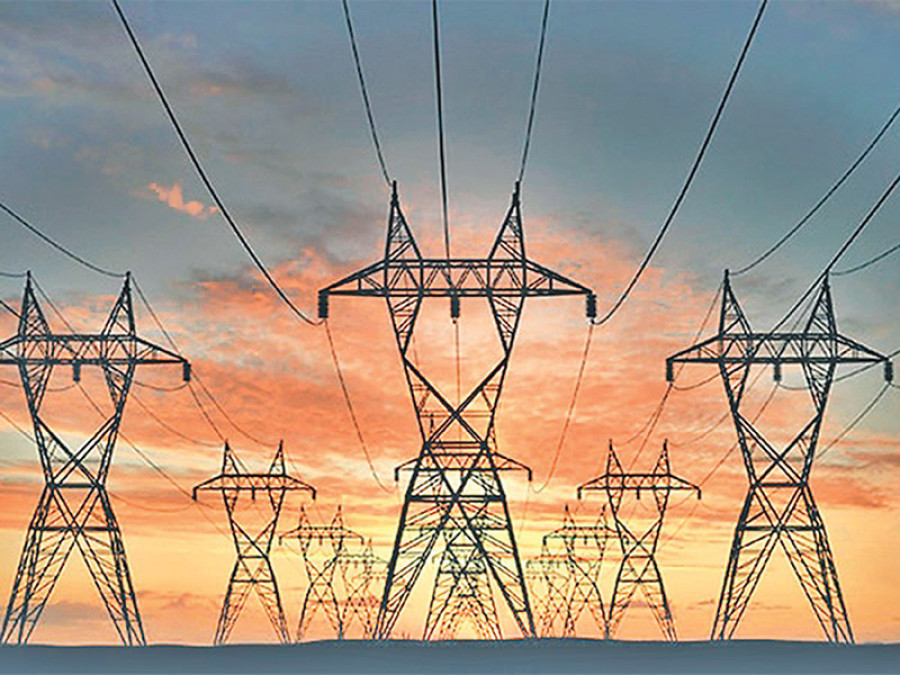Money
PM to ask India to amend power trade guidelines
The Energy Ministry has requested Prime Minister Sher Bahadur Deuba to urge India to remove discriminatory provisions in the Guidelines on Cross Border Trade of Electricity which prohibit private and third country hydropower developers in Nepal from exporting electricity to India with a one-time approval.
Bibek Subedi
The Energy Ministry has requested Prime Minister Sher Bahadur Deuba to urge India to remove discriminatory provisions in the Guidelines on Cross Border Trade of Electricity which prohibit private and third country hydropower developers in Nepal from exporting electricity to India with a one-time approval.
Deuba will raise the issue at the highest level during his upcoming visit to India, and request the Indian government to amend the guidelines to match the spirit of the Power Trade Agreement (PTA) signed between the two countries in 2014, according to the Energy Ministry.
“We have requested the Prime Minister’s Office (PMO) to include the issue on the agenda as a high priority, and they have agreed to do so,” said Dinesh Kumar Ghimire, joint secretary of the Energy Ministry.
According to the Guidelines on Cross Border Trade of Electricity published by the Indian government last December, only companies in Nepal which are wholly owned by the Indian government or the public sector, or private companies with a 51 percent or higher Indian stake, are eligible to export power to India.
These companies will be given a one-time approval to sell power to India, according to the guidelines. Also, companies owned or controlled by the Nepal government will be allowed to sell power to India after getting a one-time approval from the Indian authorities, according to the new rules. However, private companies owned by Nepali or third country developers wishing to export power to the Indian market can do so only “after obtaining the approval of the designated authority on a case-to-case basis”, according to the guidelines.
A provision in the PTA, however, requires both countries to allow non-discriminatory access to cross-border interconnections to all licensed participants. While signing the PTA, both countries treated electricity as a commodity which will get free access to their respective markets. However, the guidelines issued by India have considered electricity as an issue of strategic, national and economic importance.
This policy, according to the Energy Ministry, is likely to discourage foreign investors planning to develop hydropower in Nepal with an eye on the Indian market. If prospective foreign investors are discouraged, it will be a major setback for Nepal in its endeavor to harness its immense hydropower potential with foreign investment from all over the world.
“If the guidelines are not amended, it will be difficult to convince foreign investors that India is a secure market for the electricity produced in Nepal,” said an Energy Ministry official. “The prime minister will ask Indian authorities to give equal
treatment to private companies wishing to export power to India.”




 9.89°C Kathmandu
9.89°C Kathmandu















